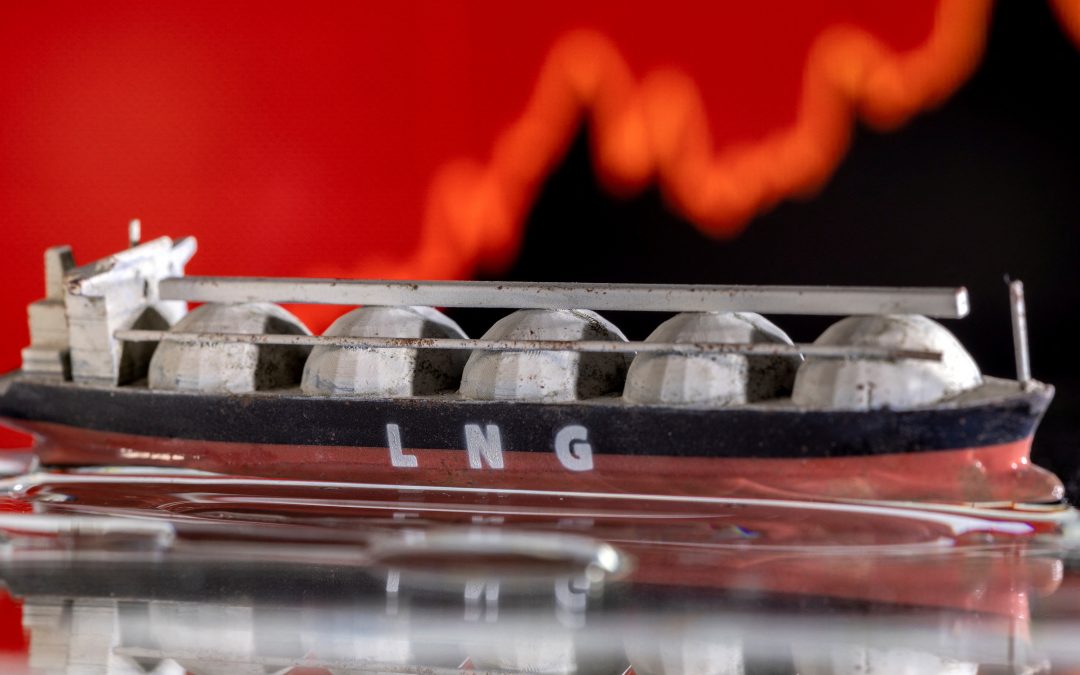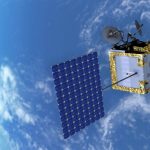Germany took a huge step toward weaning itself off Russian natural gas on the weekend, with the opening of a floating facility that ensures it can import the fossil fuel by sea, from anywhere in the world.
The liquefied natural gas, or LNG, terminal at the port of Wilhelmshaven, which is known as the Hoegh Esperanza floating storage and regasification unit, or FSRU, is the first of five the nation started to build in February, after the Russia-Ukraine conflict began.
Germany said at the time it wanted to end its “overreliance” on Russian natural gas and diversify its energy purchases. And subsequent explosions that damaged the Nord Stream 1 and Nord Stream 2 pipelines beneath the Baltic Sea, through which Germany had imported most of its Russian gas, made it even more important for the nation to find alternative sources of LNG.
Germany’s Chancellor Olaf Scholz said at the inauguration of the first FSRU on Saturday the facility can hold 170 million cubic meters of liquid gas.
“This is a very important contribution to our security … and a good day for Germany,” German broadcaster Deutsche Welle quoted him as saying.
Scholz said the fact that the FSRU was built in less than 10 months, shows Germany “is capable of new beginnings and speed”.
In the past, the nation had imported more than half of its natural gas from Russia, and almost all of that came through the Nord Stream pipelines. The nation’s lack of LNG handling facilities for deliveries by sea meant it initially struggled to replace the lost imports from Russia.
Erik Nyheim, the chief executive of the company that owns the Hoegh Esperanza, told the Financial Times its inauguration was “a milestone for Germany becoming energy-independent”.
Once complete, the five FSRUs will handle 5 billion cubic meters of gas annually, and additional LNG terminals on land mean the country will soon be able to handle 30 billion cubic meters of imported gas annually.
“That is equivalent to more than half of the entire volume of pipeline gas that flowed to Germany from Russia last year,” Scholz said of the FSRUs.
He added that Germany will eventually be able to import enough LNG to not only support itself, but to export to other nations, making the project “a symbol of European solidarity”.
Germany is also planning to generate more power from renewable energy, and from previously mothballed nuclear power stations.
Robert Habeck, Germany’s minister of economic affairs and climate action, told Deutschlandfunk radio station the initial emphasis on LNG imports will be replaced over time by an expansion of energy from greener sources, such as hydrogen gas.
Source: Hellenic Shipping News






